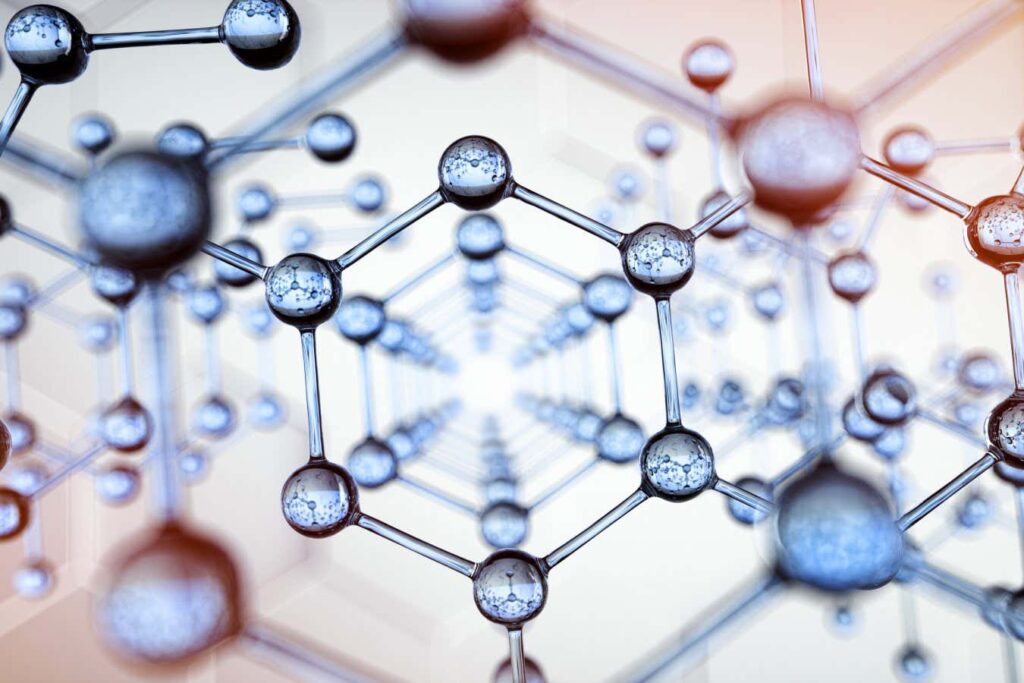Leader and
Health
Artificial compounds found in things like food packaging can be a risk to our health. We can clean them up, but who will foot the vast bill?
Shutterstock/peterschreiber.media
You are probably aware of the term “forever chemicals”, if not entirely clear on the specifics. What they are is a class of around 16,000 artificial compounds called PFAS that break down very slowly, if at all, in the environment and our bodies. They are extremely useful, but also a potential hazard to wildlife and human health. After more than 80 years of widespread and often unconstrained use, PFAS pollution is more or less everywhere, from the soil on our farms to the rain that waters them. In all likelihood, you have a detectable amount of these chemicals in your body.
A growing body of research has linked exposure to some types of PFAS to harmful effects, such as kidney disease, immune dysfunction and certain types of cancer. Just a few parts per trillion of some forms accumulated over time is enough to be detrimental. Moreover, exposure is more or less unavoidable. Skipping greaseproof packaging or filtering tap water may limit acute exposure, but there are many other contamination routes. In any case, for most of us, it is already too late.
How did we let it come to this? To some extent, society is reaping what it sowed by allowing so many novel chemicals to be released without a proper system to test their safety first. That has to change, and not just for PFAS. Time and again we find, too late, that industrial chemicals are harmful – as now seems the case with those in some climbing shoes (see “Indoor climbing wall users may be breathing in toxic rubber dust“) – while allowing the firms that make them to carry on business as usual.
There is nothing illegal in that. Nonetheless, the PFAS industry has been grossly irresponsible. There is good evidence that some producers have known for decades that the chemicals could be harmful, but actively obfuscated that knowledge.
As the science of PFAS advances, there is optimism that they can be replaced, as well as rounded up from the environment and destroyed. But the bill will be vast. It isn’t unreasonable to ask the firms that invented and profited from these products to foot at least part of it.
Topics:
>>> Read full article>>>
Copyright for syndicated content belongs to the linked Source : New Scientist – https://www.newscientist.com/article/mg26234903-300-its-time-to-clean-up-forever-chemicals-and-companies-should-pay/?utm_campaign=RSS%7CNSNS&utm_source=NSNS&utm_medium=RSS&utm_content=home
